The book is the outcome of a seminar that looked at the nature of challenges and the policy options facing Bangladesh in achieving accelerated, sustained and equitable economic growth. Since the early 1990s, Bangladesh has notably improved its economic growth performance following the introduction of market-oriented liberalising economic reforms. The positive impact of economic growth on poverty was, however, compromised to some extent by a worsening of income distribution. This calls for a deeper understanding of the growth-inequality nexus, both analytically and in terms of the policy implications for supporting more inclusive and pro-poor economic growth. There is also a growing concern regarding how far the economic growth momentum can withstand a ‘weakening’ of the institutions of economic and political governance. Institutional reforms, which have lagged behind economic reforms, are needed to address a whole range of factors affecting investment incentives and production efficiency. Compared to the modest progress in poverty reduction, there has been truly remarkable improvement in social and human development indicators such as in respect of infant and child mortality, female school enrollment and the adoption of birth control. It remains a puzzle how Bangladesh could make such progress in social development despite widespread poverty and poor governance in public service delivery. The early gains from the adoption of easy low-cost solutions, the contribution of NGOs towards raising public awareness, favourable budgetary allocations and government policy support have all helped. However, sustaining the positive trends may become increasingly difficult without larger public social spending and an improvement in service delivery along with a more rapid reduction in poverty.
Growth and Poverty: The Development Experience of Bangladesh
$36.90
$41.00
In stock
Free & Quick Delivery Worldwide
All orders amounting to US$ 50 or more qualify for Free Delivery Worldwide. For orders less than US$ 50, we offer Standard Delivery at $14 per book.
ABOUT THE AUTHOR Sadiq Ahmed
Sadiq Ahmed is the Sector Director of the Poverty Reduction and Economic Management Unit of the World Bank. He was educated at Dhaka University, the London School of Economics, and Boston University. He taught briefly at Dhaka University, was a Research Economist at the Bangladesh Institute of Development Studies, and then joined the World Bank in 1981. At the World Bank he worked in many countries including Egypt, Indonesia, Papua New Guinea, Thailand, and former Yugoslavia, before moving to the South Asia region. He served previously as Country Director for Pakistan and Afghanistan and Chief Economist for the South Asia region. Since October 2006, he also concurrently manages the South Asia Finance and Private Sector Development Department. His research interests are in areas of macroeconomic policy, public finance, trade, and development. He has written and published extensively. His last book, Explaining South Asia's Development Success: The Role of Good Policies was published by the World Bank in 2006.
ABOUT THE AUTHOR Wahiduddin Mahmud
Wahiduddin Mahmud is a former professor of economics at Dhaka University. He is currently a member of the UN Committee for Development Policy (UN CDP), and a country advisor to International Growth Centre at the London School of Economics. He is a founder and former Chairman of PKSF, the apex microfinance funding institution in Bangladesh. His books include Adjustment and Beyond: the Reform Experience in South Asia, Handbook on the South Asian Economies, Seasonality of Hunger and Public Policies, and The Theory and Practice of Microcredit.
reviews
0 in total
Review by Anonymous
Be the first to review “Growth and Poverty: The Development Experience of Bangladesh” Cancel reply
You must be logged in to post a review.
Bibliographic information
Title
Growth and Poverty: The Development Experience of Bangladesh
Author
Edition
1st ed.
Publisher
ISBN
9840517554
Length
xxii+316p., Tables; Figures.
Subjects
tags
#Bangladeshmore by Sadiq Ahmed see more
India’s Long-Term Growth Experience: Lessons and Prospects
India's rapid growth since ...
$30.60
$34.00
more by Wahiduddin Mahmud see more
Adjusting to Global Economic Volatility: The Case of South Asia
In South Asia, the impact of ...
$75.60
$84.00
similar bookssee more
Rural Planning & Development
$40.50
$45.00

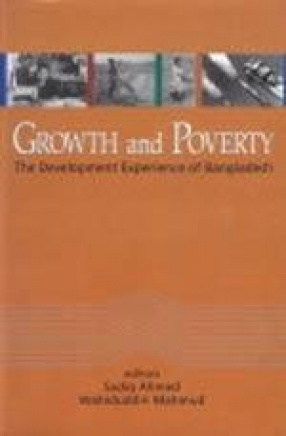
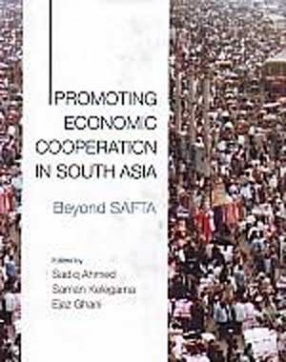
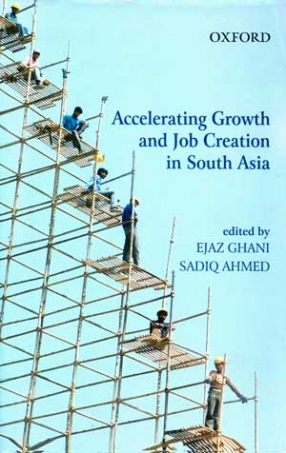
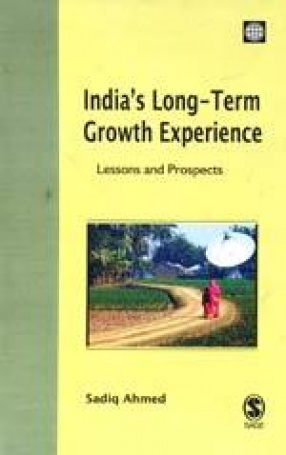
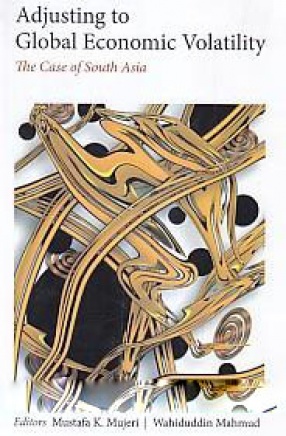

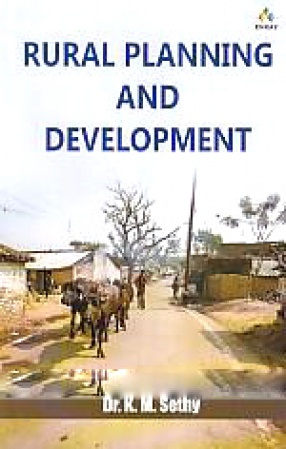
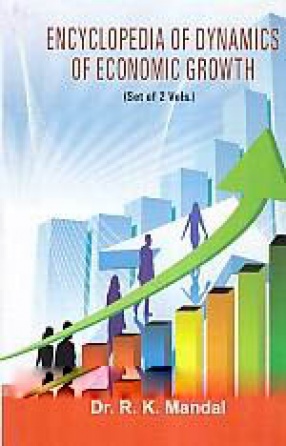
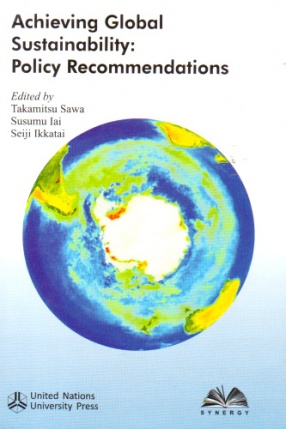
There are no reviews yet.